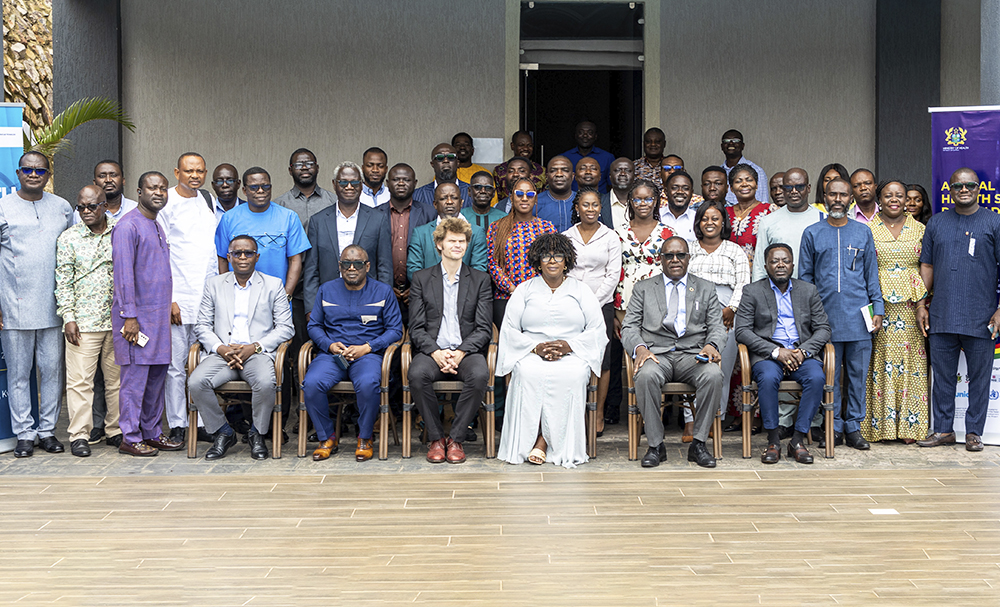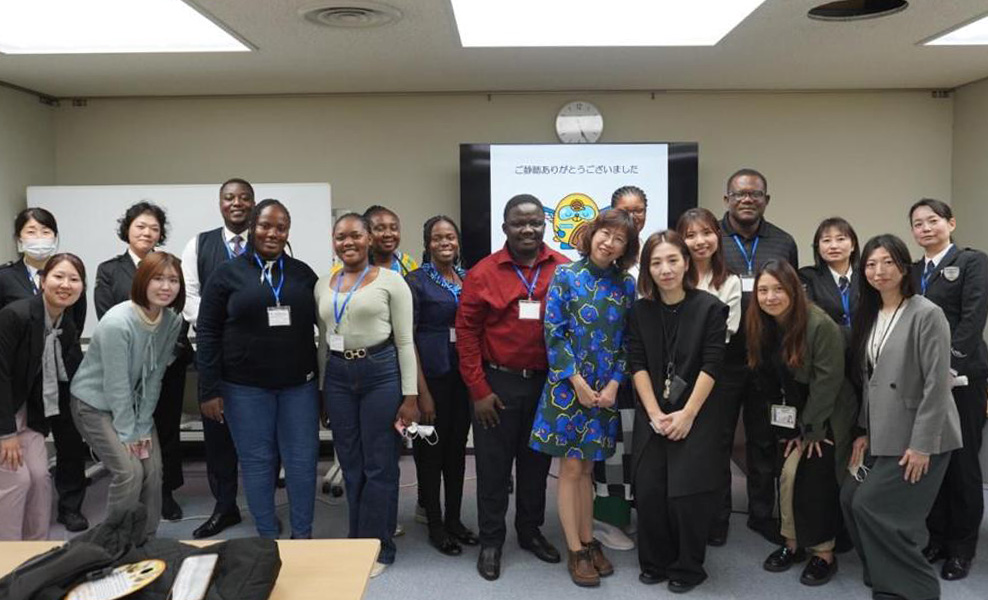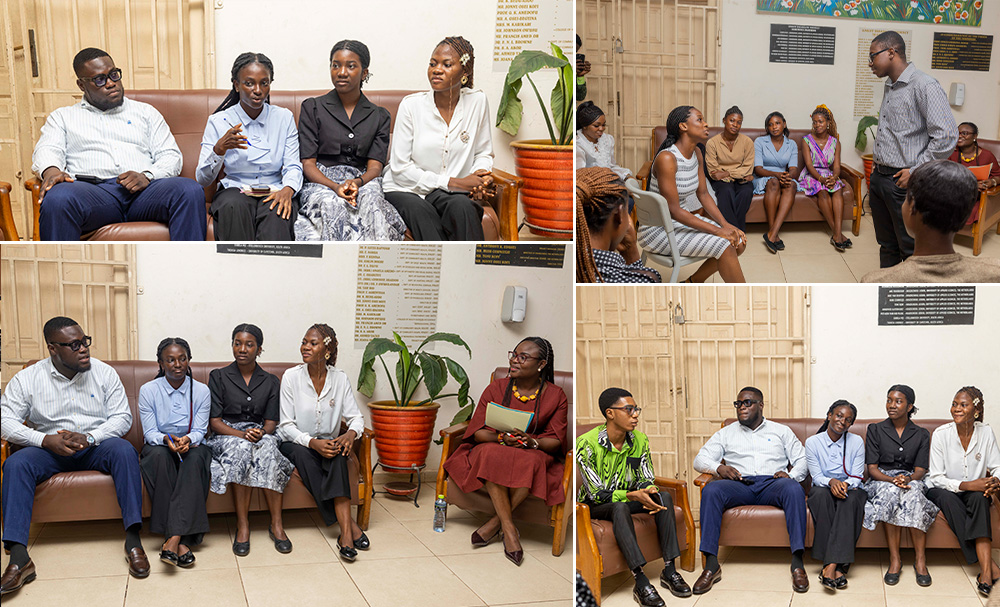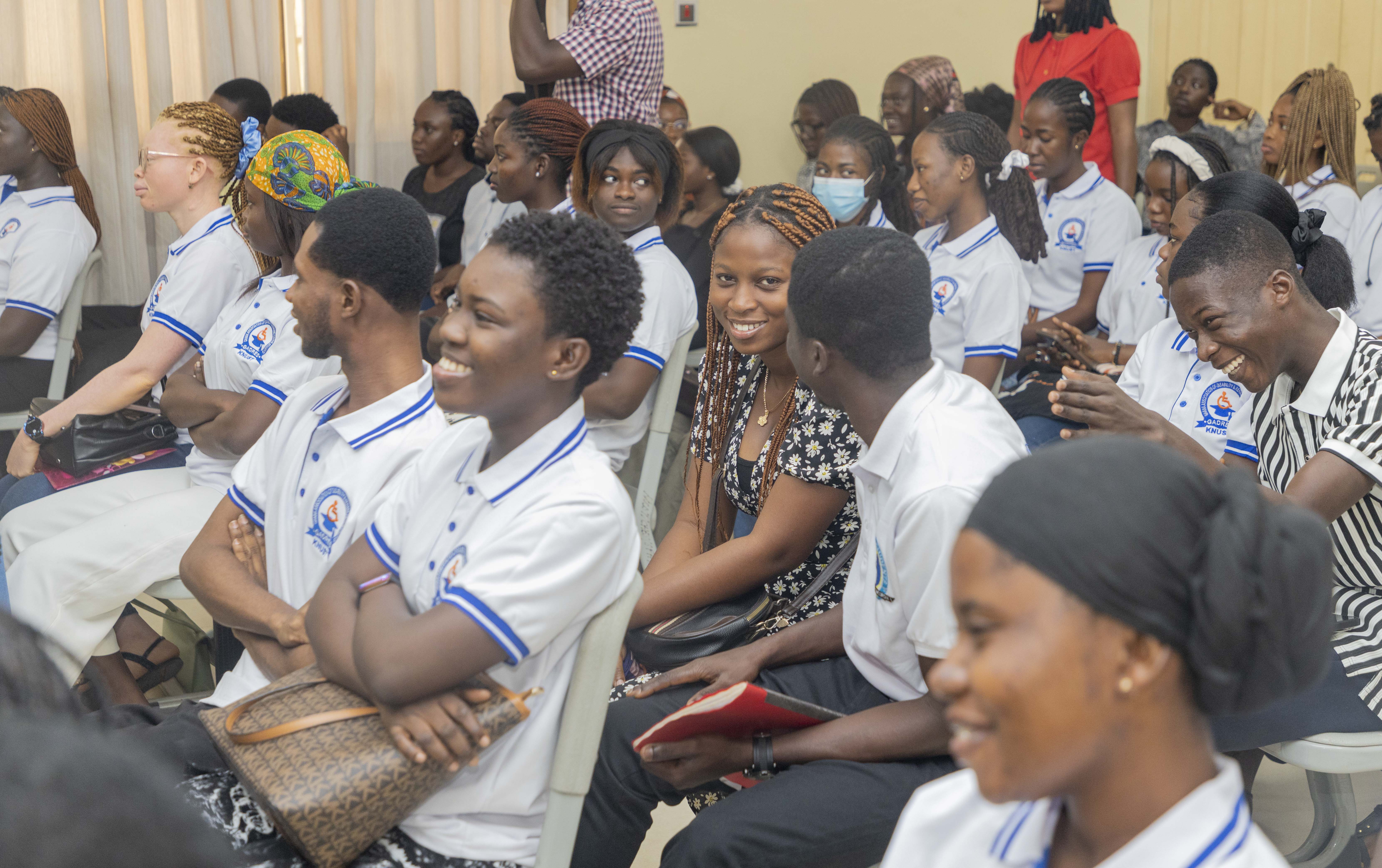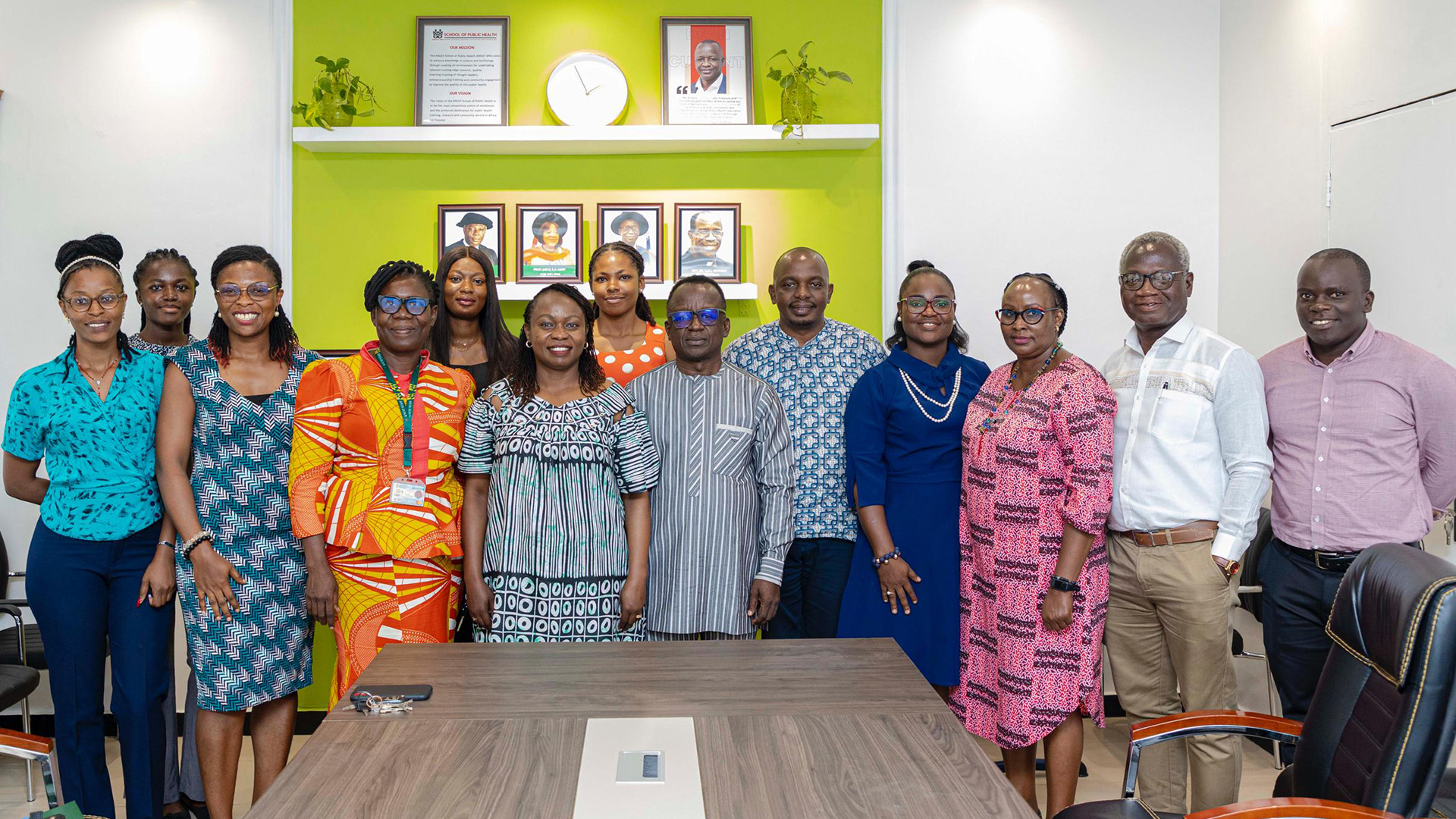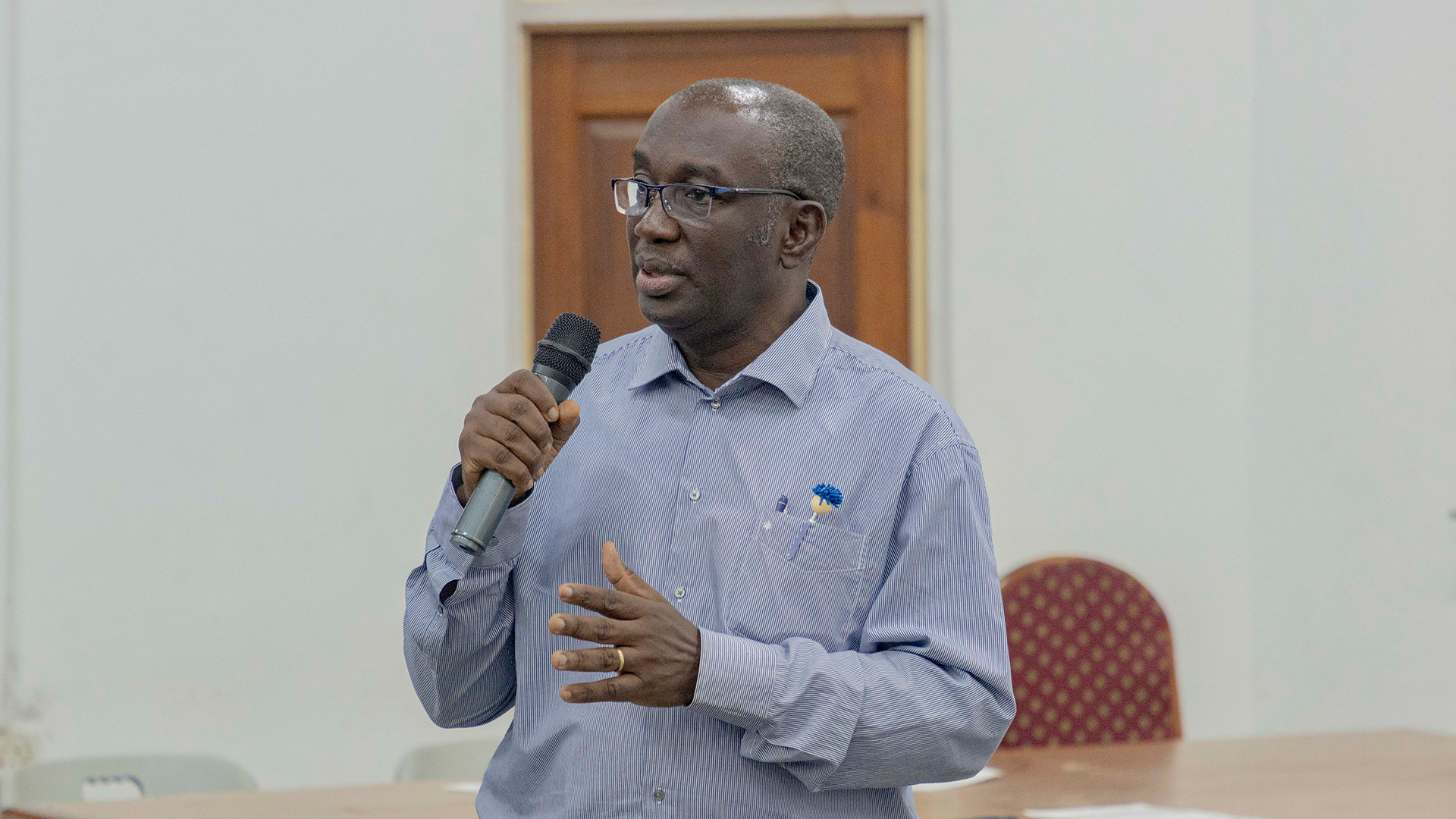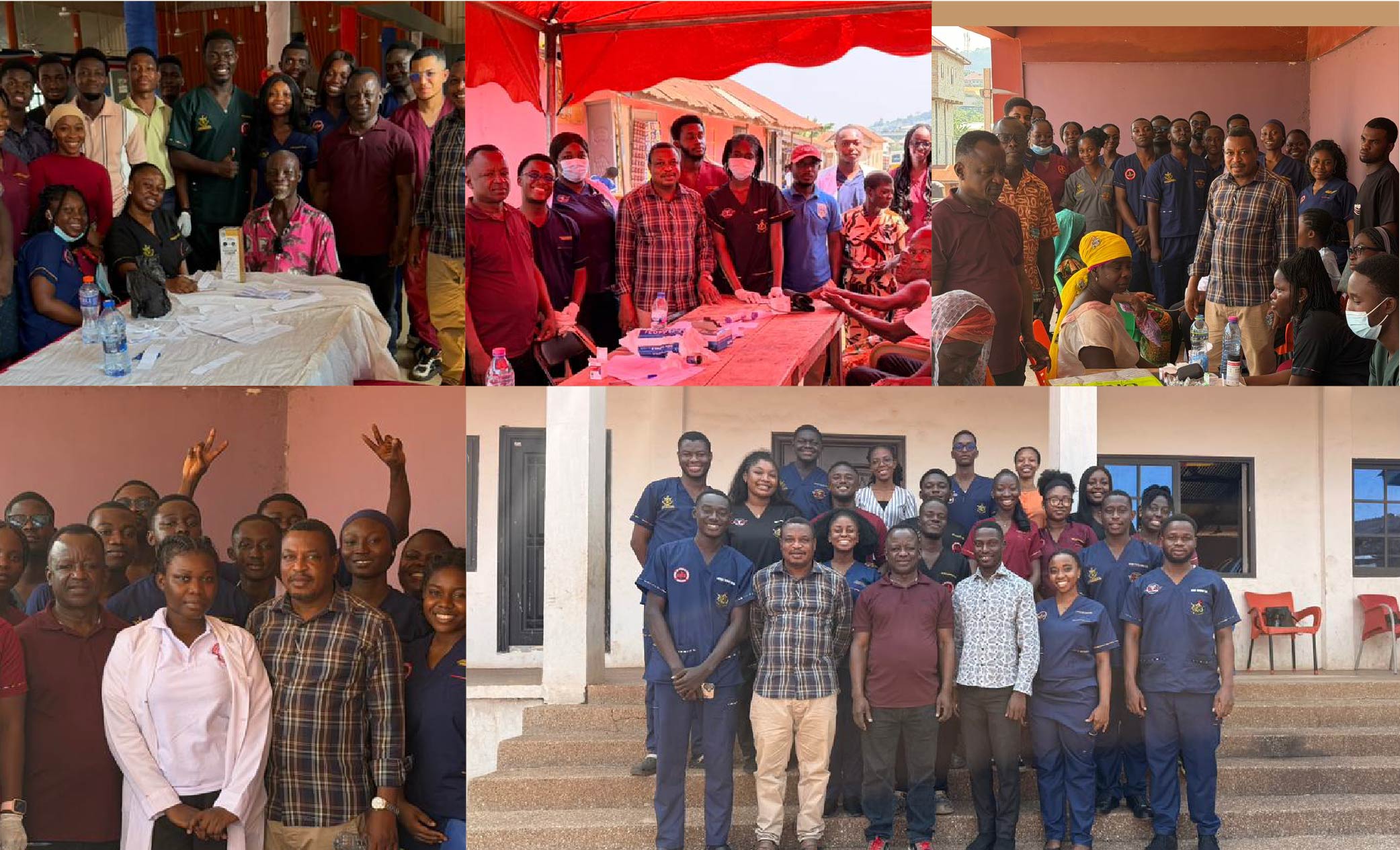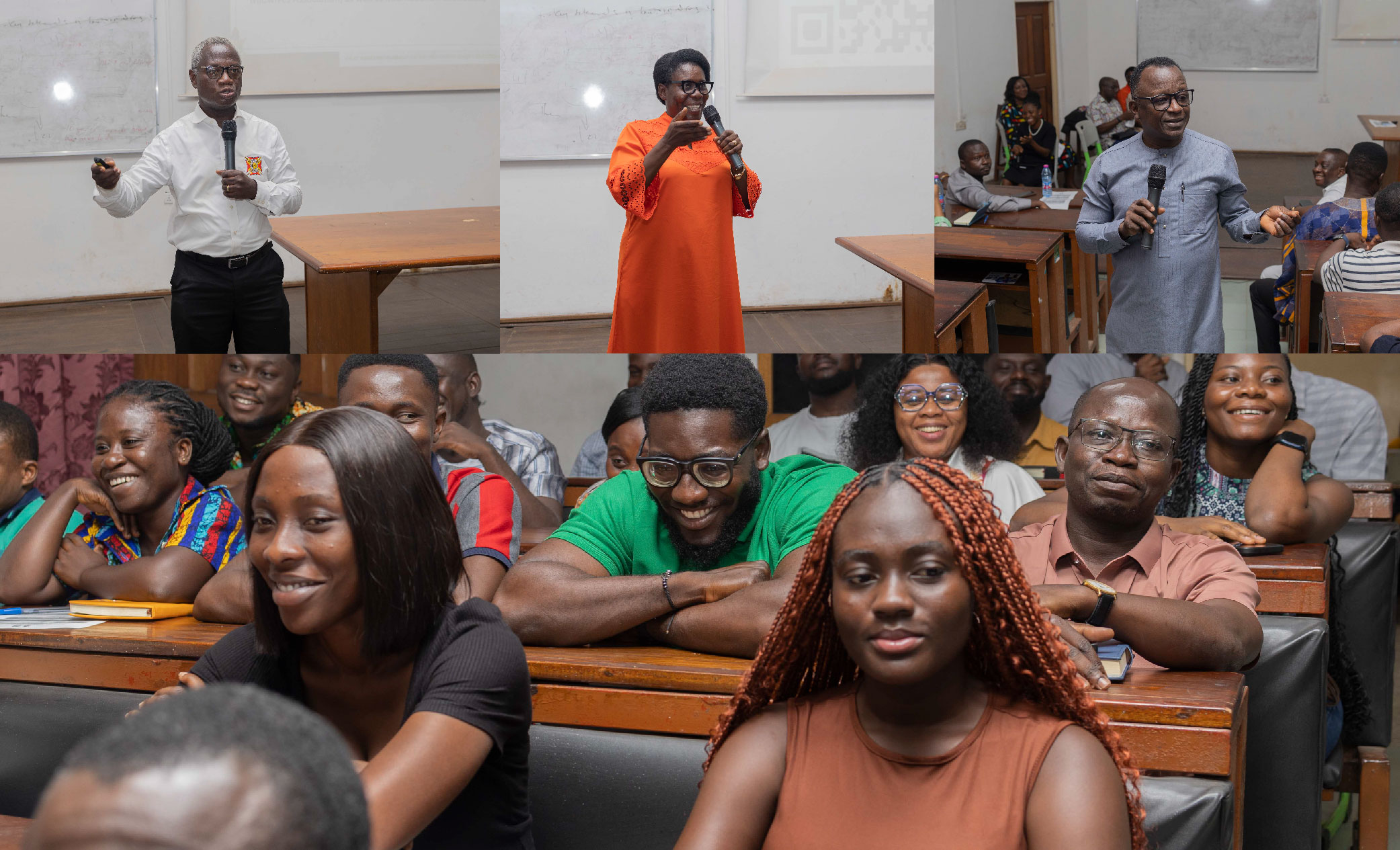The Ministry of Health (MoH), in collaboration with the School of Public Health at the Kwame Nkrumah University of Science and Technology (KNUST), Kumasi and the Technical University of Berlin (TUB), convened a two-day Health Sector Policy Dialogue at Rock City Hotel, Kwahu. This high-level Policy Dialogue which took place between the 24th to 27th of September 2023 aimed to tackle the critical issue of healthcare workers migration from Ghana and its profound impact on the country's healthcare system.
The inception of the Annual Policy Dialogue can be traced back to a collaborative effort initiated in 2016, uniting the School of Public Health at Kwame Nkrumah University of Science and Technology, Kumasi (KNUST), the Ministry of Health, and the esteemed Technical University of Berlin, Germany. The overarching objective of this initiative is to forge a consortium of influential stakeholders, dedicated to fostering constructive policy discourse concerning the prospective evolution of healthcare systems within the Republic of Ghana.
The theme for the Policy Dialogue for this year, "The Exodus of Healthcare Workers from Ghana: Implications for Skill-Mix and Network of Practice Innovations towards Achieving Universal Health Coverage," drew together key stakeholders from the School of Public Health at (KNUST), Ghana Health Service (GHS), Komfo Anokye Teaching Hospital (KATH), Korle Bu Teaching Hospital (KBTH), the Human Resource for Health Development (HRHD), Nursing and Midwifery Council (NMC), Ministry of Finance (MoF), National Health Insurance Authority (NHIA), United Nations Population Fund (UNFPA), United Nations Children's Fund (UNICEF), United States Agency for International Development (USAID), and the World Health Organization (WHO).
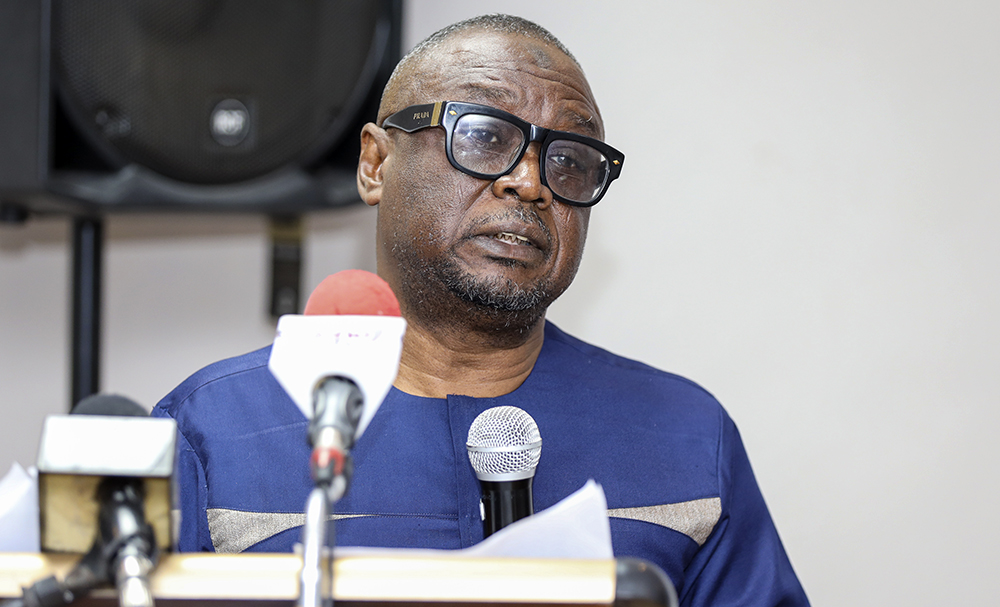
In his welcoming address, Honourable Alhaji Hafiz Adam, the Chief Director of the Ministry of Health, emphasised the critical importance of this stakeholder meeting in alignment with the Ministry's core mandate. He underscored that the policy dialogue series serves as a pivotal government framework, providing a platform to engage with essential stakeholders on crucial health sector matters and to make decisive policy choices in pursuit of Universal Health Coverage for all Ghanaians. He stressed the urgency of addressing the ongoing issue of a significant outflow of skilled healthcare professionals to high-income nations. He cautioned that if something is not done promptly about the menace, it could have adverse consequences for Ghana's healthcare standards.
Honourable Alhaji Hafiz Adam commended the Ghana Health Service (GHS) and its partners for their innovative healthcare delivery models designed to ensure quality healthcare for the population. He specifically highlighted the importance of the "network of practice" among healthcare institutions as an integral component of Ghana's universal health coverage roadmap. He expressed hope that the participants in the policy dialogue would devise viable solutions to combat the challenge and identify the key factors influencing the healthcare profession, stating, "the people of Ghana have confidence in us; they trust us, and we should not let them down."
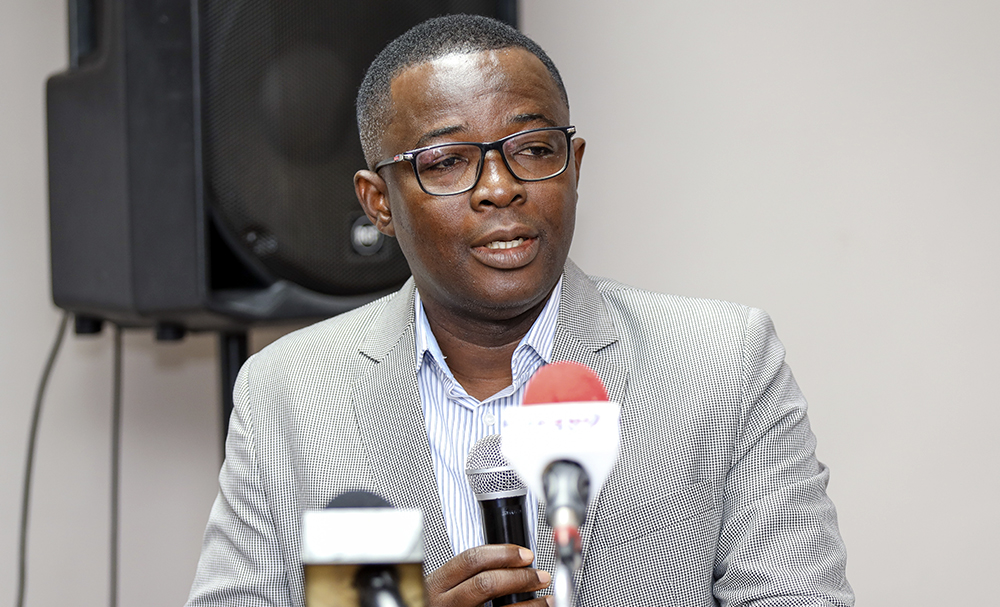
Professor Emmanuel Kweku Nakua, representing the Vice Chancellor of KNUST, expressed concerns over the potential brain drain from KNUST and emphasised the University's commitment to preserving the valuable skillset nurtured within Ghana. He highlighted the vital role of dialogue in gathering essential information for policy briefs aimed at finding viable solutions to counter the healthcare worker exodus.
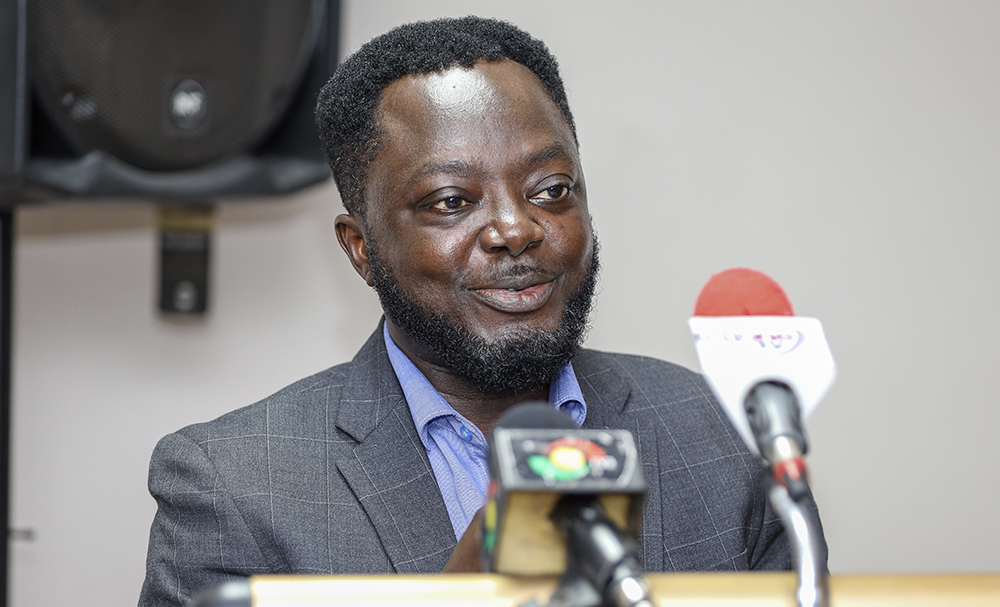
Dr. Felix Osei Sarpong, a representative from UNICEF, commended the partners for fostering the policy dialogue to provide valuable guidance to the health sector. He stressed the significance of Sustainable Development Goal 3 (Good Health and Well-being) and UNICEF's commitment to collaborating with stakeholders for policy development within the healthcare sphere. He emphasised UNICEF's eagerness to contribute to the formulation of policy directives aimed at stemming the outflow of trained healthcare professionals.
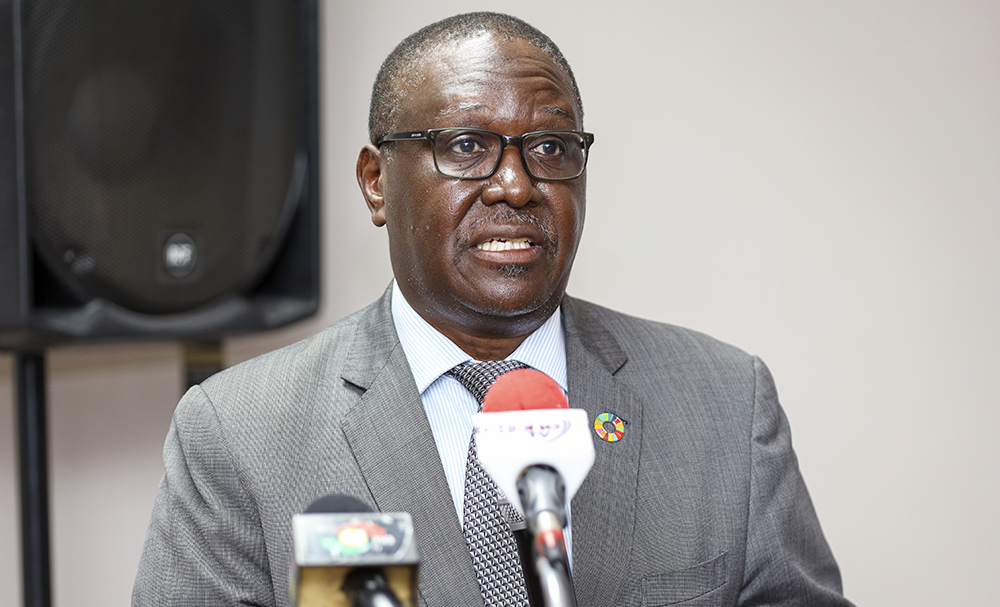
Professor Francis Chisaka Kasolo, the WHO representative to Ghana, highlighted the urgent need for a comprehensive understanding of the health and social workforce, particularly considering the COVID-19 pandemic. He pointed out the concerning trend of healthcare worker migration from Africa, specifically Ghana, and noted the economic impact of the pandemic on healthcare budgets in many African nations. He disclosed that data from the Ghana Registered Nurses and Midwives Association (GRNMA), indicated that an estimated number of three thousand (3,000) professional nurses and midwives left Ghana in the first quarter of 2022. He stressed the need for urgent action to safeguard the nation's health system against brain drain. He emphasised WHO's ongoing support for the Ghanaian government in maximising health system benefits and protecting health workforce rights and welfare.
Professor Kasolo highlighted WHO's collaboration with the International Labour Organisation (ILO) and the Organisation for Economic Co-operation and Development (OECD) in developing a guidance document on "managed migration." This document provides practical guidance on bilateral agreements regarding health workforce migration, ensuring equity and proportional benefits for all involved parties. He underscored the importance of analysing labour market dynamics to inform policies and strategies that address healthcare worker challenges, especially migration and disparities in rural and underserved areas. He called for a united effort to bridge the equity gap in health worker distribution and the development of transformative strategies to enhance the quantity and quality of healthcare workers in Ghana. He urged Ghana to swiftly develop a health sector migration strategy that balances the export of excess skills with the imperative of retaining critical healthcare skills within the country. This proactive approach would safeguard the health system while allowing for strategic skill deployment abroad.


